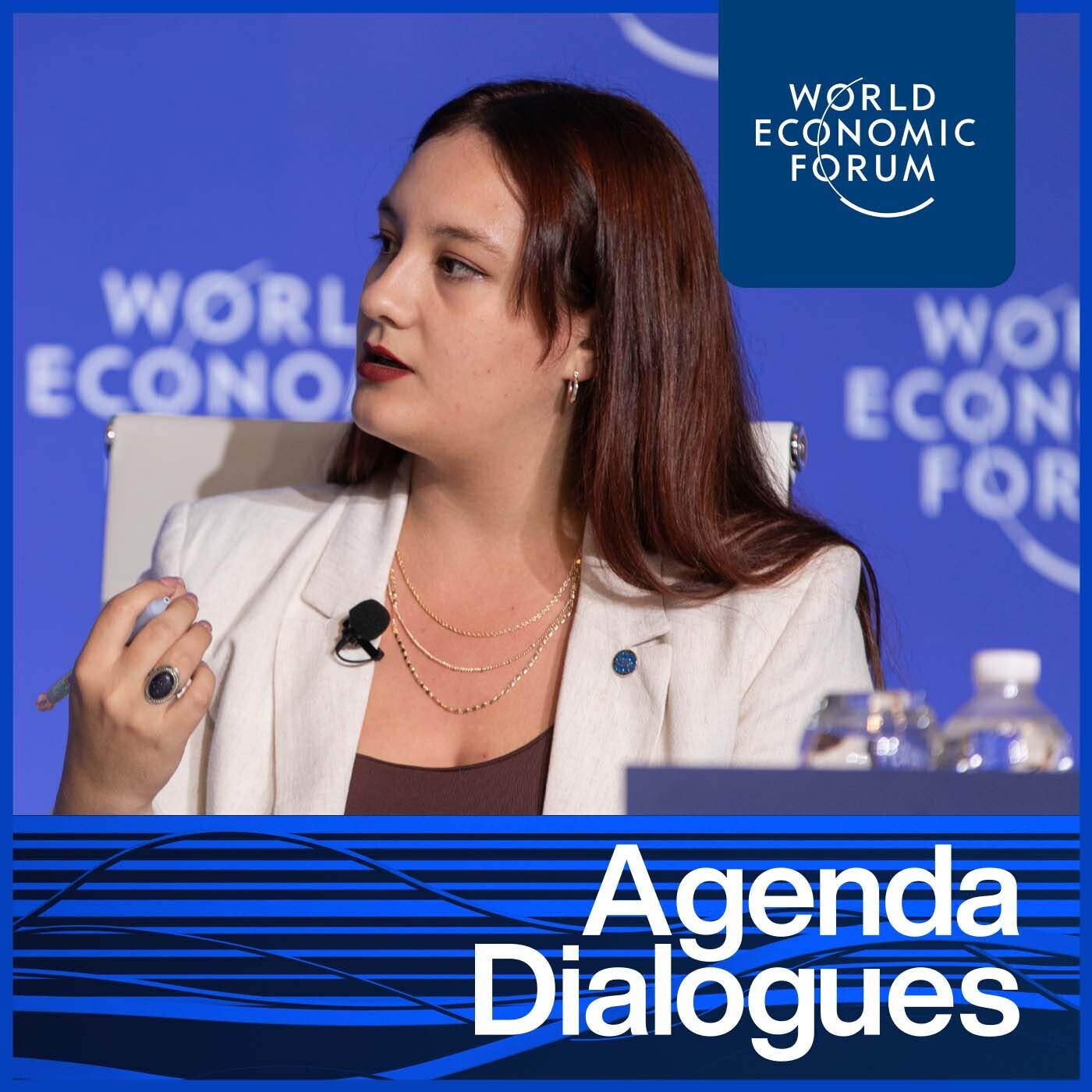This is the strange paradox that stops women from applying for jobs

Women were 16% less likely to apply for a job they had viewed
Image: REUTERS/Carlos Barria
Stay up to date:
Future of Work
To what extent does a person’s gender explain the way they seek employment? A large dataset released today by LinkedIn suggests there are some differences, and some of the most interesting ones are in the likelihood men and women will apply and get hired.
The networking site found that men and women viewed about the same number of jobs as one another, but women were 16% less likely to apply for a job they had viewed. There are two ways to interpret this. One is that women could be less confident and therefore more easily put off by requirement-heavy ads. (Other research has shown women tend to apply to jobs only if they fulfill most of the stated criteria, while men are more likely to apply even when they don’t neatly fit the candidate profile.)
The second interpretation is that the women are being more selective, applying for jobs for which they are particularly suited or about which they’re most passionate. Another data point from the LinkedIn research seems to bear that out: When women did apply for jobs, the data showed, they were 16% more likely than the men to be hired.
LinkedIn analyzed interactions on its platform for the full year of 2018, an exercise that generated billions of data points from the platform’s 610 million members, spread across more than 200 countries.
Other behaviors also differed by gender. In a separate test, LinkedIn asked 450 members to highlight parts of a job description that they found important or interesting. When the researchers screened the results for gender, they found that women were more likely to concentrate on salary and benefits, with 68% highlighting those sections, as opposed to 58% of the men who were asked. In advice to companies seeking to recruit, LinkedIn suggested that information about “flexible working policies, parental leave, or healthcare is more significant for women,” and should be included in job postings if firms are serious about gender equality.
When it came to asking for endorsements, men were more likely to do so. LinkedIn has a function that lets members ask for a job referral if they have a connection to someone at the company doing the hiring. Men were 26% more likely than women to ask for a referral using that mechanism.
Finally, the research showed an interesting skew in how recruiters use the platform. Once they had viewed a profile, recruiters were just as likely to send that person an email, regardless of whether the potential hire was a man or a woman. But they were 13% less likely to look at a woman’s profile in the first place.
Don't miss any update on this topic
Create a free account and access your personalized content collection with our latest publications and analyses.
License and Republishing
World Economic Forum articles may be republished in accordance with the Creative Commons Attribution-NonCommercial-NoDerivatives 4.0 International Public License, and in accordance with our Terms of Use.
The views expressed in this article are those of the author alone and not the World Economic Forum.
Forum Stories newsletter
Bringing you weekly curated insights and analysis on the global issues that matter.
More on Jobs and the Future of WorkSee all
Maha Hosain Aziz
August 20, 2025
Laurel Taylor
August 18, 2025
Antara Choudhury and Vivin Rajasekharan Nair
August 14, 2025
Atul Kumar
August 12, 2025







